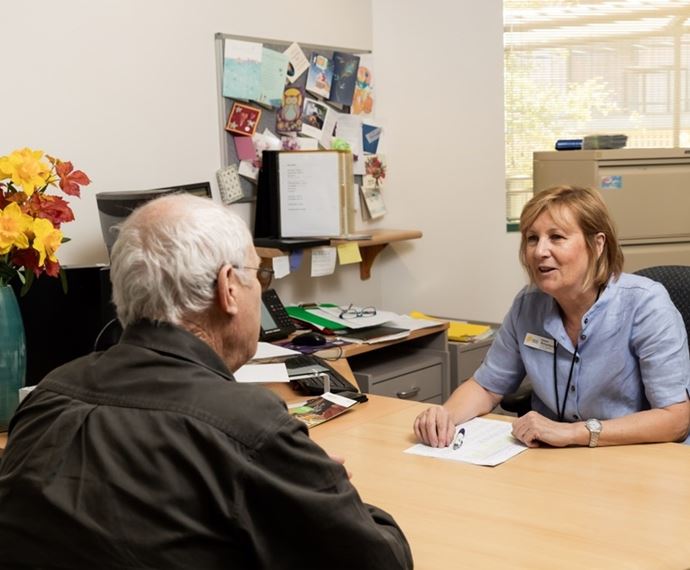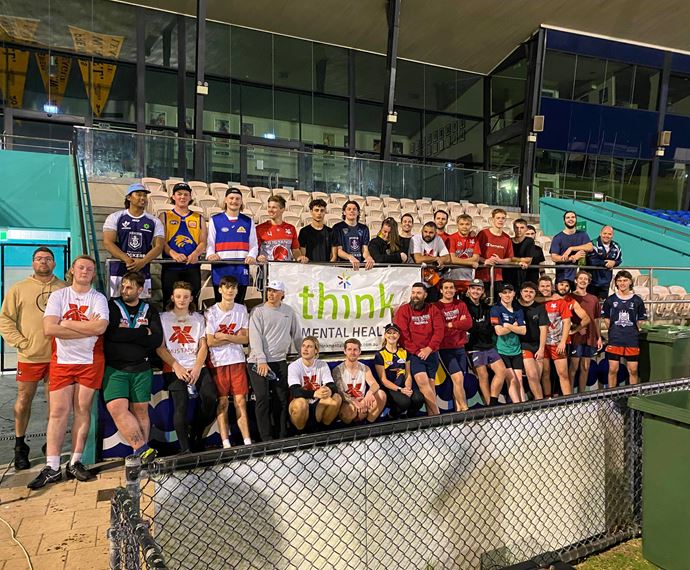KIDDO Program
KIDDO, a physical literacy program developed by the University of Western Australia (UWA), aims to build the capacity of educators and parents to help children develop the skills, motivation, confidence, and knowledge to live an active life.
In response to the heightened need created by COVID-19, the evidence-based program in primary schools received additional funding from Healthway and Lotterywest in 2021 to expand to Early Childhood Education and Care (ECEC) services and parents of young children.
To build the capacity of educators and parents to help children develop the skills, motivation, confidence, and knowledge to live an active life.
University of Western Australia
1/1/2021
$819,555
Healthway
$351,635
State-wide
Children (12 years and under), Families
- Translating research and learnings from prior initiatives and putting them into practice.
- Development of Early Childhood Education and Care KIDDO program.
- More than half (59 percent) eligible childcare centre and family day care services registering to participate in the KIDDO program.
- KIDDO collaborates with industry leaders and large not-for-profit childcare providers, who have been strong advocates of the program. This includes Goodstart Early Learning, the Department of Communities, and the Department of Education. These partnerships guide the development of new content for the program.
- The disruption caused by COVID-19 created many challenges for projects delivered from 2020 onwards.
- The greatest challenge facing ECEC services and its roll out was workforce shortages in the industry.
- Attending workshops, releasing staff to complete professional development, and staff turnover were barriers to participation and the ongoing take-up of KIDDO.
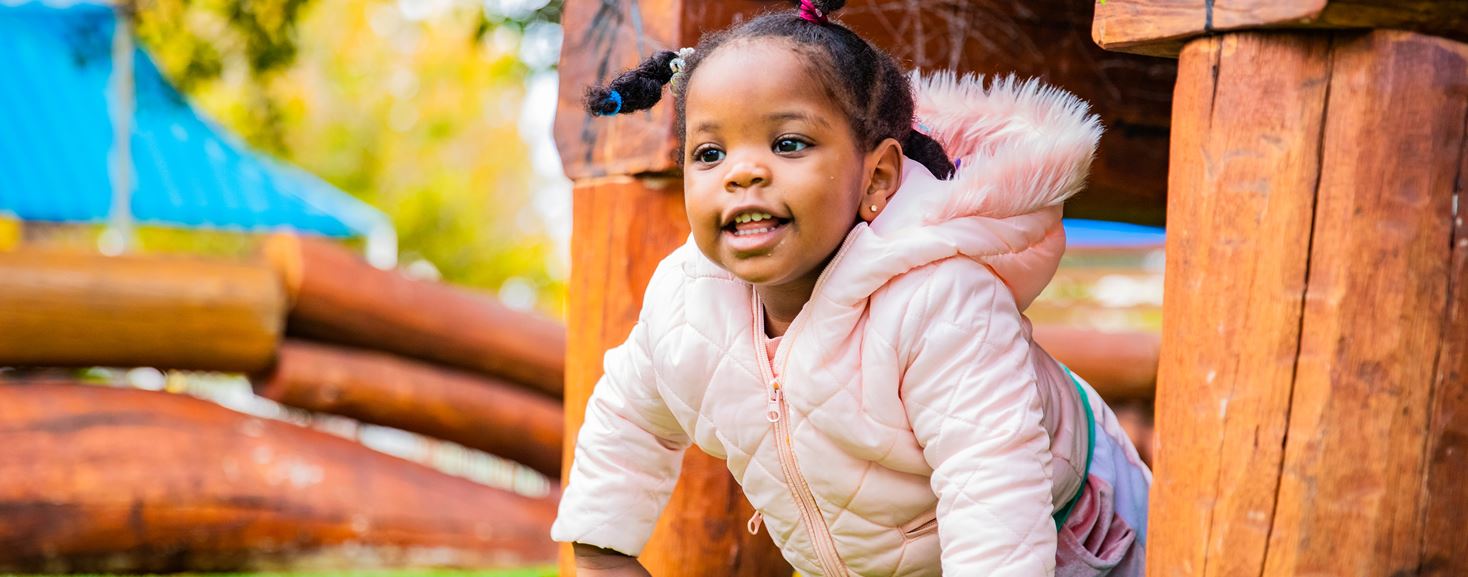
Opportunity
Participation in physical activity is vital for enhancing children’s physical, social, cognitive and psychological development [1] including:
- Improved cardio-respiratory fitness and muscle strength [2].
- Enhanced bone health and reduced body fat [1].
- Reduced symptoms of anxiety and depression.
- Improved self-esteem and confidence [1].
To address the low levels of physical activity in children over the last decade, UWA developed KIDDO (formerly Uni-Active), to deliver physical literacy training to primary school teachers, coaches, and parents. The program equips them with the skills, knowledge, and evidence-based tools and resources to give Western Australian children the best start in life by getting them active.
In 2017, Healthway funding enabled UWA to expand the program into primary schools within disadvantaged communities.
The results of this initial project were significant, over the course of the funding with students exhibiting significant improvements in their fundamental movement skill[1] development after their school implemented the KIDDO.
426


primary schools took part in the KIDDO program
6,291


students took part in the KIDDO program
1,914


West Australian teachers and educators took part in the KIDDO program
In 2020, the impacts of COVID-19 lockdowns and cancelled community sports further reduced the opportunity for physical activity. Evidence suggests that during early periods of the pandemic, children were spending much less time being physically active and much more time engaging in screen-based sedentary behaviours than before the pandemic [3].
Further, many vulnerable young children from disadvantaged communities have been severely impacted by the pandemic [4], as they have been spending more time at home with their parents, many of whom are experiencing the personal disruption of unemployment, financial disadvantage, and psychological distress [5].
ECEC services can help reduce the risk of vulnerability by providing a supportive environment for physical activity. However, ECEC services find the minimum standard of physical activity more challenging to meet than most other standards [6] due to:
- inadequate education and training;
- poor levels of support; and
- low confidence levels of staff in delivering physical activity [7].
The funding by Lotterywest and Healthway awarded in 2021 has subsequently supported KIDDO to adapt and pilot the program for ECEC services. This includes a series of professional development workshops held online or face-to-face for staff across the State. Further work will specifically tailor the program to ECEC services, and ensure that the additional information, training, and resources addresses all ages, including birth to three years.
Approach
KIDDO secured funding from Healthway ($351,635) and Lotterywest ($351,920) to extend its program to meet the specific needs of educators in ECEC services and parents of young children.
Goodstart Early Learning WA, the Department of Local Government, Sport and Cultural Industries, and UWA provided in-kind support.
Lotterywest’s COVID-19 Relief Fund assisted with salaries, equipment, forums, workshops, and resources.
The KIDDO program’s objectives were:
- To adapt and expand the existing KIDDO program and resources to cater from birth to three years of age and all ECEC services, including out of school hours care, family day care, and early childhood programs like KindiLink.
- To engage 70 per cent of all ECEC services focussing on the 543 not-for-profits, community-controlled or government-funded ECEC services. Of these, KIDDO aimed to have 80 per cent committed to delivering the following:
- Standard structured physical literacy program for 3–5-year old children.
- Daily scheduling and facilitating active free play for all children.
- At least two certified physical literacy champions at each ECEC service.
- Physical literacy induction program for new educators, including online training.
- All early childhood educators and carers complete the KIDDO Certificate of Physical Literacy and deliver physical literacy programs by providing introductory workshops and demonstration sessions and publishing KIDDO resources on their websites.
- ECEC services provide opportunities to engage parents and families in their child’s physical activity and fundamental movement skill development.
The three-year grant is due to be completed in 2023, and commercial membership models are being developed to allow KIDDO to be sustainable and continue to benefit all educators and children across WA beyond the life of the grant. This will allow ECEC services to continue to access the program, training, and resources at an achievable pricing point.
Impacts and outcomes
A key outcome of the current project has been translating research and learnings from prior initiatives, such as the Telethon Kids Institute’s PLAYCE (PLAY Spaces and Environments for Children's Physical Activity) program.
The first year of funding focused on developing the program for ECEC services. In the second year, more than half (59 per cent) of eligible childcare centres and family day care services (n=449) registered to participate in KIDDO, demonstrating the demand for a program of this nature in ECEC services.
Despite ongoing issues associated with COVID-19, the ability to deliver a mix of online and face-to-face workshops has been crucial to engaging with the ECEC services. In the first two months of 2022, more than 100 educators have completed the online KIDDO Certificate of Physical Literacy.
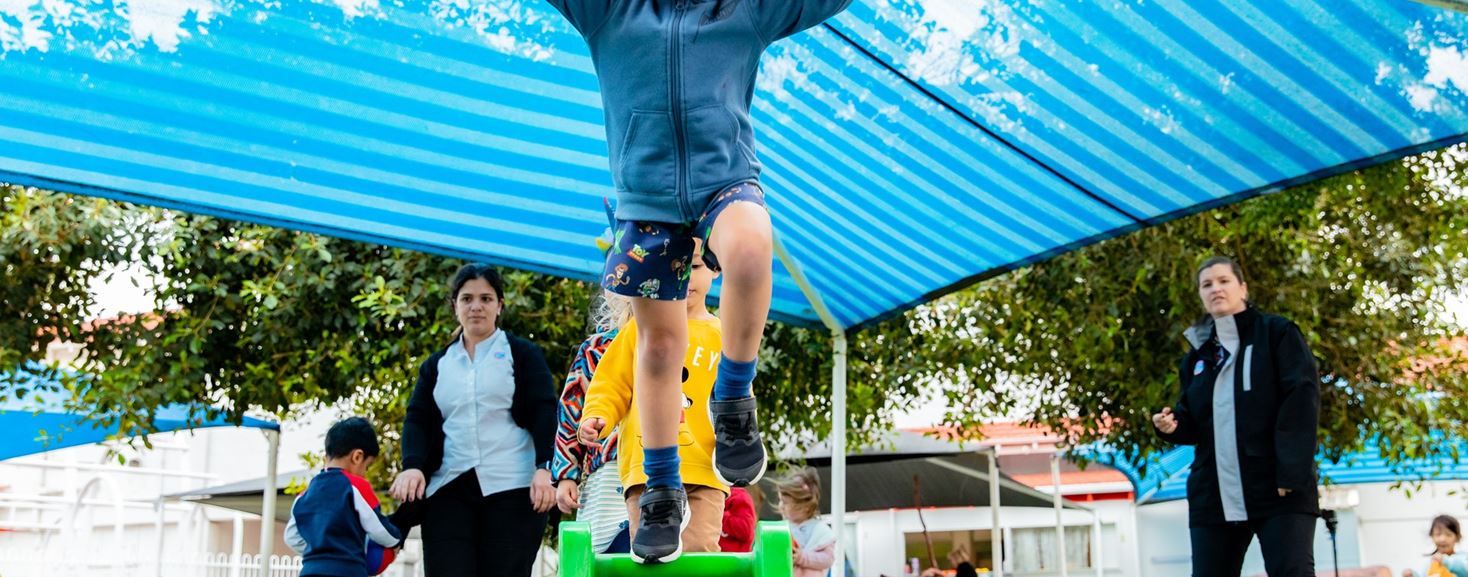
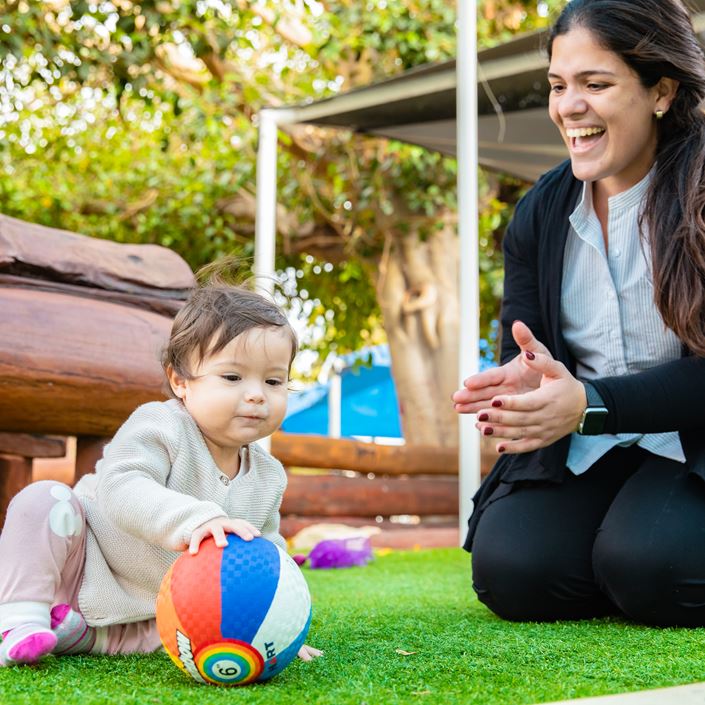
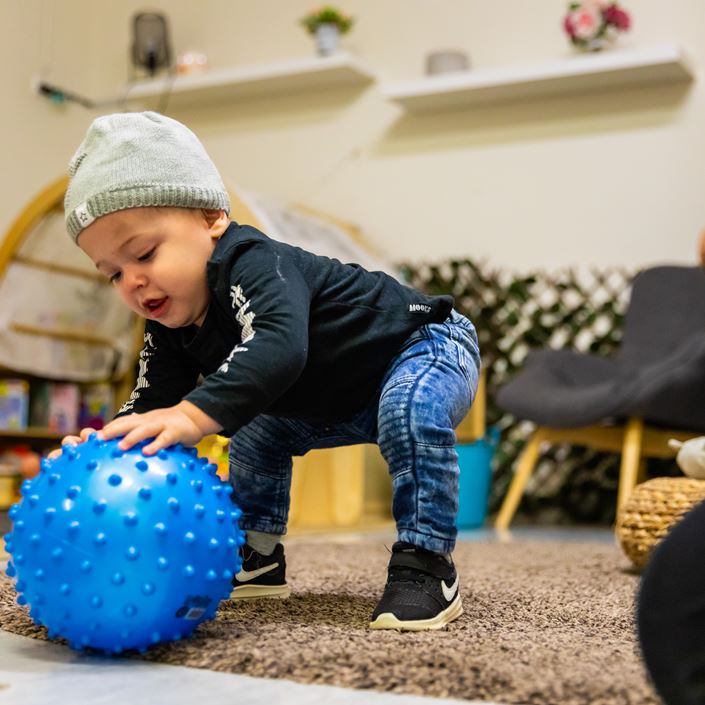
What worked
To maximise its impact and ensure its continuity and sector-wide change, KIDDO collaborates with industry leaders and large not-for-profit childcare providers, who have been strong advocates of the program. This includes Goodstart Early Learning, the Department of Communities, and the Department of Education. These partnerships guide the development of new content for the program.
Key challenges
The disruption caused by COVID-19 created many challenges for projects delivered from 2020 onwards. The greatest challenge facing ECEC services and its roll out was workforce shortages in the industry. Attending workshops, releasing staff to complete professional development, and staff turnover were barriers to participation and the ongoing take-up of KIDDO. To address this, ECEC services were asked to identify their level of involvement with KIDDO. For example, initially only attending an online workshop and completing the introductory professional development, and attending face-to-face demonstrations and completing the Certificate of Physical Literacy later in the year when there’s more staff capacity.
These options allow ECEC services to participate at a level of involvement that is achievable for them with the opportunity to increase engagement with the program when suitable.
REFERENCES
- Janssen, I. and A.G. LeBlanc, Systematic review of the health benefits of physical activity and fitness in school-aged children and youth. International journal of behavioral nutrition and physical activity, 2010. 7(1): p. 1-16.
- Morrow Jr, J.R., et al., Meeting physical activity guidelines and health-related fitness in youth. American journal of preventive medicine, 2013. 44(5): p. 439-444.
- Dunton, G.F., B. Do, and S.D. Wang, Early effects of the COVID-19 pandemic on physical activity and sedentary behavior in children living in the US. BMC public health, 2020. 20(1): p. 1-13.
- Kalil, A., S. Mayer, and R. Shah, Impact of the COVID-19 crisis on family dynamics in economically vulnerable households. University of Chicago, Becker Friedman Institute for Economics Working Paper, 2020(2020-143).
- Drane, C., L. Vernon, and S. O’Shea, The impact of ‘learning at home’on the educational outcomes of vulnerable children in Australia during the COVID-19 pandemic. Literature Review Prepared by the National Centre for Student Equity in Higher Education. Curtin University, Australia, 2020.
- Australian Children’s Education and Care Quality Authority, NQF Snapshot: Q4 2019. 2020, ACECQA.
- Szpunar, M., B. Bruijns, and P. Tucker, Measuring Early Childhood Educators’ Physical Activity and Sedentary Behavior–Related Self-Efficacy: A Systematic Review of Tools. Health Education & Behavior, 2021. 48(4): p. 455-467.
Learn about wellbeing
Understand how your community is going to help you to better target and plan your project.
Ready to plan your project?
Understand your vision, plan your impact and report on the outcomes of your project with three easy interactive tools in the Community Impact Planner.
Acknowledgement of Country
The Western Australian Community Impact Hub acknowledges and pays respect to the Traditional Owners of the land on which we are based, the Whadjuk people of the Noongar Nation and extends that respect to all the Traditional Owners and Elders of this country. We recognise the significant importance of their cultural heritage, values and beliefs and how these contribute to the positive health and wellbeing of the whole community.
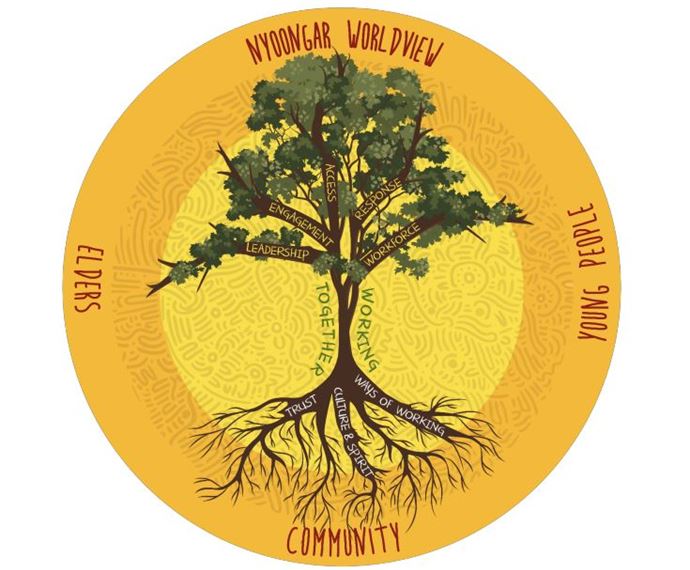
![IMG 8451[1]](/media/yhnbmsph/img_8451-1-resized.jpg?anchor=center&mode=crop&width=690&height=570&rnd=133045355965530000&quality=80)
![A7R02243[1]](/media/wwvcasym/a7r02243-1-resized.jpg?anchor=center&mode=crop&width=690&height=570&rnd=133045363314000000&quality=80)

